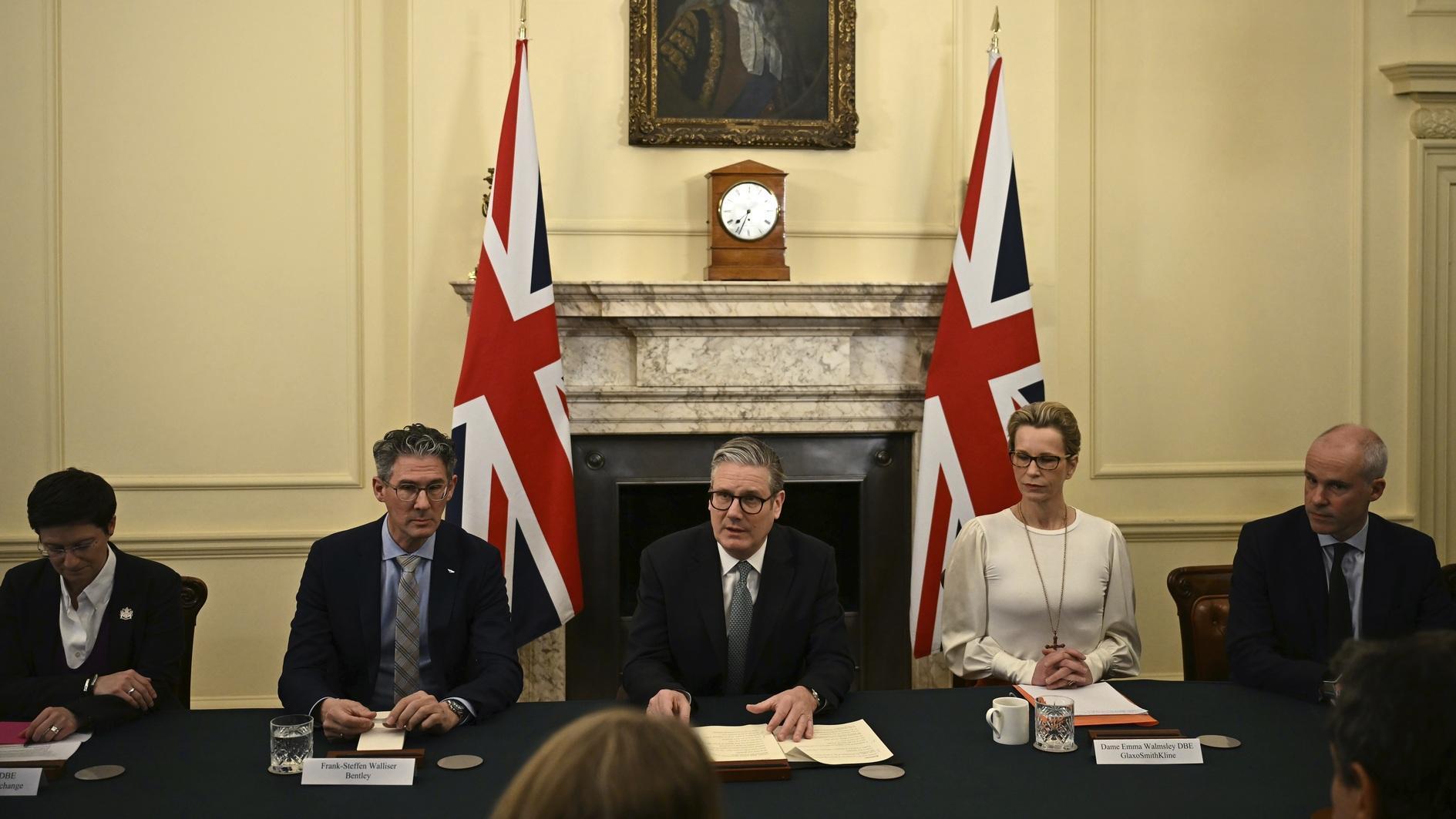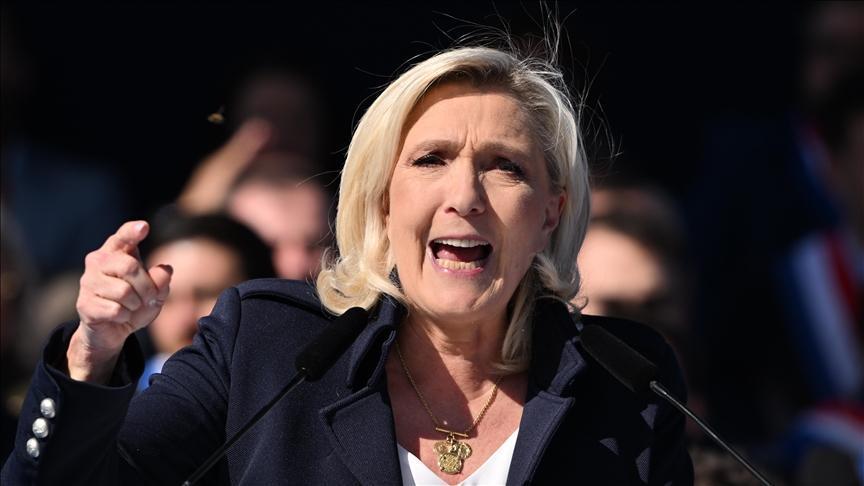A great leap urgently needed
Alas, the expected has happened. The Parliamentary Assembly of the Council of Europe (PACE) decided on Tuesday to reopen the monitoring procedure with Turkey, thereby lowering its level of democracy. The very same council, which Turkey helped found in 1949, ended Turkey’s monitoring in 2004 as a result of the reforms realized by the then newly founded Justice and Development Party (AKP) government. Now everyone is wondering if Turkey’s membership process will be suspended.
A critical European Union summit is taking place over the weekend in Malta, where the foreign ministers of the member states are gathering, including Turkish Minister Mevlüt Çavuşoğlu. Technically, the EU ministers could take the decision to suspend negotiations with Turkey. Yet such a decision would require a unanimous vote. However, this seems to be very unlikely at the moment since, first of all, the members have not reached such a consensus yet. Second, they would first need to wait for the results of the ongoing presidential elections in France.
The more possible scenario is as follows: The EU foreign ministers will probably pass the buck onto the European Commission, asking for a re-evaluation of whether Turkey meets the Copenhagen criteria. According to my sources, this step will most probably be taken in June. Then the commission will publish a report only after the elections in Germany, which will take place in September.
In the event the report goes against Turkey (concluding that it doesn’t fulfill the democratic criteria), then the Council of Europe could decide to freeze negotiations with Turkey. However, this time it would not need a unanimous vote; a qualified majority would suffice since the European Commission would have taken a role in the process.
This is the most likely scenario within the existing context. But Turkey could still reverse the direction of the wind since there are about five months which is quite critical for Ankara. In the event that Turkey responds furiously, for example, by holding a referendum on Turkey’s membership process (as President Recep Tayyip Erdoğan promised to do in the event the referendum on a presidential system was approved) or inflaming the discussions on capital punishment, it would mostly play into the hands of the anti-Turkey groups in Europe. This would also accelerate any negative decision to be taken by the EU.
However, Turkey could still change the course of things by urgently starting a reform process. Lifting the ongoing state of emergency, releasing arrestees whose imprisonment hurts the public conscience and putting them on trial without arrest and introducing a reform package should be the very first steps to be taken.
Moreover, these steps should be taken while maintaining Turkey’s full membership perspective. This is critical, first of all because the EU prospect puts the internal reforms on a fixed calendar, thereby accelerating the process. Furthermore, the continuation of the accession process would give confidence to those abroad which in turn means more tourism, investment and trade. The suspension of the negotiations, on the other hand, would only raise concerns and suspicion about Turkey’s democratic credentials and the rule of law which would in turn greatly harm its economy.
Additionally in the event that negotiations freeze, the EU could unilaterally suspend the customs union which would remove Turkey from the EU’s decision-making mechanism on economic policies.
At the same time, there is also the question of Turkey’s right to free movement. Proceeding with the accession process would facilitate the implementation of the so-called “March 18 deal” which aims to reduce the flow of migrants from Turkey to Europe in return for granting freedom of movement to Turkey. This would not only enable Turkish citizens to move freely within Europe, but would also reduce Turkey’s refugee baggage to a great extent.
These all dictate what Turkey needs to do urgently. It’s time to leap.











